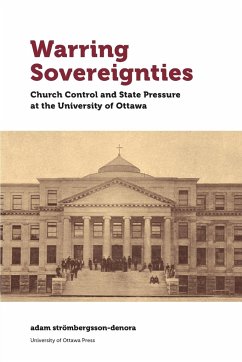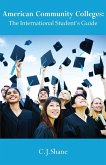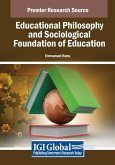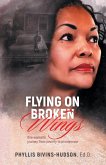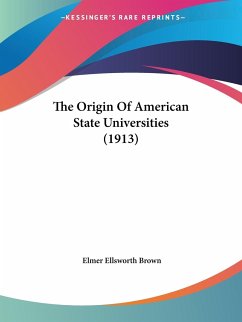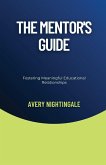Warring Sovereignties explores the battle between religious and non-secular cultures for control of the university in the 1960s. Canon law, with particular emphasis on Oblate norms, was a clear expression of Catholic sovereignty in the university. While this sovereignty conditioned Oblate governance choices, the Government of Ontario became increasingly keen on reforming the University of Ottawa into a non-denominational corporation. Government pressure was coupled with shifting cultural expectations of the university's social role, while an increasingly lay professorate helped put pressure on the Oblates from within. These twin pressures for removing religious control irked the Oblates, who put up stiff resistance, betraying their reticence to the liberalization of higher education. While the government valued social policy, the Oblates focused on educating individuals. Although the Oblates ultimately lost, history is as relevant as ever, and this book comes at a time when social planning is becoming increasingly prevalent within universities. Published in English.
Hinweis: Dieser Artikel kann nur an eine deutsche Lieferadresse ausgeliefert werden.
Hinweis: Dieser Artikel kann nur an eine deutsche Lieferadresse ausgeliefert werden.

